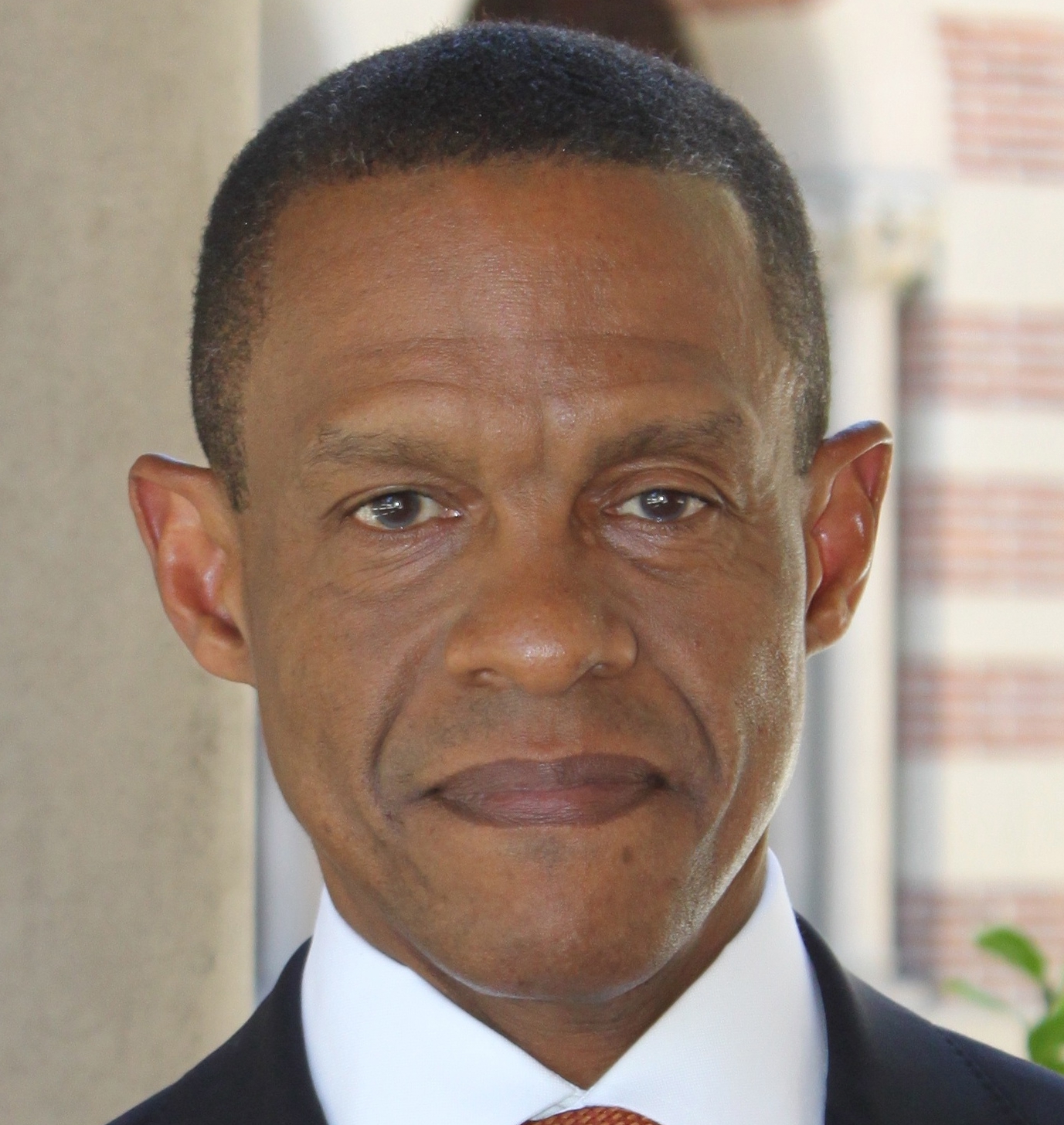On the eve of the 2014 Passover, Frazier Glenn Cross, Jr., 73, shouted “Heil Hitler” from the back of a police car after killing three people at two Jewish Centers in Overland Park, Kansas. A former KKK leader, and a very public neo-Nazi and White supremacist, Cross murdered an Eagle Scout and his grandfather, as well as another woman.
Almost immediately, I received e-mails from colleagues in Israel saying the “terror attack in Kansas is all over the news here.” When I told them that Cross’ actions are being considered a “hate crime,” my colleagues responded, “What’s a hate crime? In Israel, this would be terrorism.” I agree, and it should be the same here in America.
Years ago, as a visiting professor in Israel, I penned an op-ed for the Jerusalem Post, “America is not Israel but…” The article discussed a recent visit by then-Homeland Security Secretary Janet Napolitano, who was weighing the feasibility of Israeli-style airport security in the United States. Although I understood the challenges of doing this, given valid American concerns over civil liberties and profiling, I cautioned that there were many things the Israelis do right. When it comes to violent extremism, like Cross’ despicable actions, one thing the Israelis do right is call a terrorist a terrorist, particularly when the requisite elements of terrorism are clear: the use of violence against innocent civilians in furtherance of a political or ideological objective.
Why does there seem to be this national reticence to call a spade a spade? In my book, Homegrown Violent Extremism, I discuss the concept of “otherism,” the common assumption that terrorists must necessarily only come from other countries, looking different and practicing a different faith. Reflecting on the Boston Marathon bombings, I explained:
“Within hours of the attack, law enforcement identified a ‘Saudi national’ who had been at the marathon as a person of interest. This man had been wounded by shrapnel, and he was kept under armed guard at the hospital. Ultimately, we learned that he was just one of the hundreds of bombing victims. Yet, that he became a person of interest to begin with shows where suspicion fell before all the facts were available. We were looking for foreigners.”
As we know now, the terrorists who bombed the Boston Marathon (the Tsarnaev brothers) were long-time residents of the United States; indeed, Dzhokhar Tsarnaev is an American citizen. This was a bucket of cold water poured on the comfortable idea that terrorists are by definition not American. Yet, when we cannot cling to “otherism,” we use terms like “lone wolf,” a convenient euphemism that allows Americans to avoid the “T” word while also painting homegrown extremism as an isolated fluke, rather than yet another example of the persistent and growing threat from domestic terrorism. “Lone wolf” is a tactic, the strategy is terrorism, and attackers like Cross are domestic terrorists. The pejorative nature of the term is the very reason it should be used, to say nothing of the fact that terrorism is simply a more accurate word.
There are numerous, clear examples of domestic terrorist action in the United States that have nevertheless escaped designation as terrorism:
- Justin Carl Moose, the self-described “Christian counterpart to Osama bin Laden,” was arrested by the FBI in 2010 for conspiring to blow up a North Carolina abortion clinic. He wrote: “As far as I’m concerned, nothing is off limits to stop abortion…I have learned a lot from the muslim [sic] terrorists and have no problem using their tactics.” And yet, Moose pleaded guilty to spreading bomb-making instructions, not terrorism.
- Despite committing a suicide attack on the IRS field office in Austin, Texas in 2010 by flying a small plane into the building, Sovereign Citizen Andrew Joseph Stack, III was not counted as a terrorist, even though his attack killed a government employee and was a political statement against U.S. tax laws.
- David “Joey” Pedersen and his girlfriend, Holly Ann Grigsby, kidnapped and killed four people in three states in 2011, including Pedersen’s father and stepmother. They were on a campaign to “purify” and “preserve” the white race. When they were arrested in California, Grigsby told police they “were on their way to Sacramento to kill more Jews.” Terrorism is never mentioned in the analysis of their crimes.
And now, after the hateful and senseless bloodshed in Kansas, we are again dodging the word “terrorism,” instead calling Cross’ attack a “hate crime.” To be sure, there are several ways to categorize his actions. It was a “hate crime,” insomuch as it was motivated by bias. It was also premeditated murder. But it was terrorism as well. The attack was intended to sow fear in the Jewish community, targeting innocent people in furtherance of an extremist ideology. America is not Israel, true, but all countries face the unrelenting threat from terrorism, both within and beyond their national borders. Avoiding the term “terrorism” does not mean extremist violence will stop; it just means we, as a country, are electing to give terrorists a pass, so long as they look like us.


